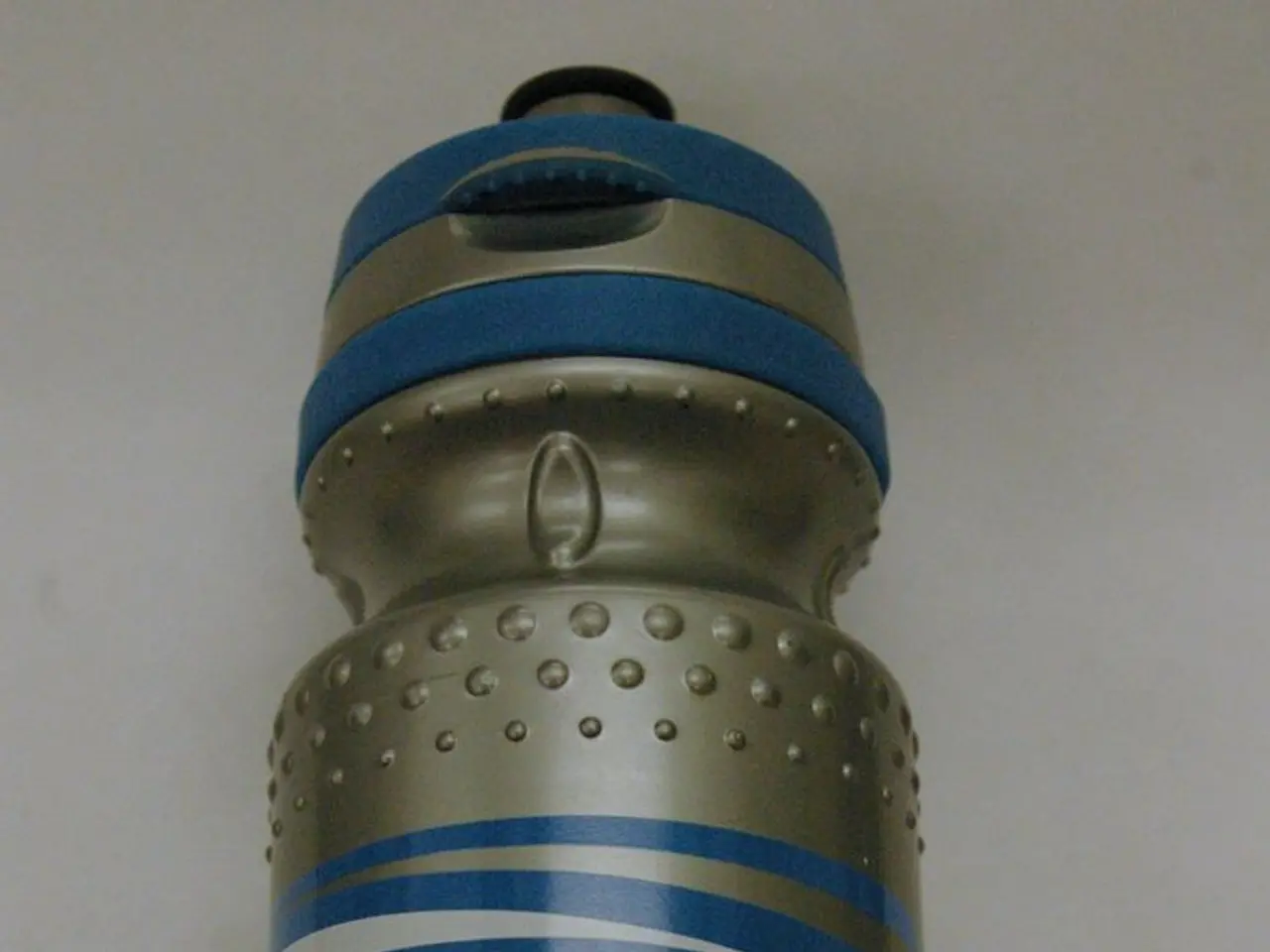The secret to lasting chemical reactions lies in super acids.
In a groundbreaking discovery, researchers at TU Berlin have developed a new class of silicon-based superacids that can effectively break down per- and polyfluoroalkyl substances (PFAS), also known as 'forever chemicals'. These persistent environmental pollutants have been notoriously difficult to degrade due to their resistance to degradation by sunlight, water, or biological processes.
Properties of the Silicon-Based Superacids
These superacids stand out for their extreme acidity, making them capable of protonating and activating very stable chemical bonds. Unlike conventional superacids that often rely on sulfur or fluorine centers, these acids are built around a silicon-based framework, contributing to their stability and reactivity. This unique composition allows them to break down the strong carbon-fluorine bonds found in PFAS molecules more effectively than previous catalysts.
Potential Uses
The primary application of these superacids is in environmental remediation, particularly in the breakdown and neutralization of PFAS compounds in contaminated water, soil, and industrial waste. By effectively cleaving the tough C-F bonds, these superacids could enable more efficient detoxification of PFAS pollutants.
Beyond environmental applications, these superacids could also be integrated into chemical treatment facilities where PFAS-contaminated materials are processed to render them inert or less harmful. Moreover, they may serve as powerful reagents in synthetic chemistry, especially in manipulating fluorinated organic compounds that are otherwise challenging to modify.
The development of these superacids also offers a potential for recycling processes, as they could help recover or transform fluorinated compounds into less persistent or more easily recyclable forms.
Summary
TU Berlin’s silicon-based superacids represent a significant step forward in tackling PFAS pollution. Their combination of extreme acidity, stability, and specificity to C-F bond cleavage positions them as promising agents for environmental cleanup and advanced chemical processes. The novel superacids can be regenerated in degradation cycles, similar to catalysts, suggesting a sustainable and cost-effective solution for PFAS disposal.
Nuclear magnetic resonance spectroscopy further confirmed the results experimentally, and studies suggest that long-term exposure to PFAS can cause cancer, impair fertility, or weaken the immune system. As a freelance journalist specializing in topics such as automobiles, energy, climate, AI, technology, and the environment, Nina Draese highlights the potential impact of this discovery on our future efforts to combat environmental pollution.
Read also:
- Abu Dhabi initiative for comprehensive genetic screening, aiming to diagnose over 800 conditions and enhance the health of future generations in the UAE.
- Elderly shingles: Recognizing symptoms, potential problems, and available treatments
- Protecting Your Auditory Health: 6 Strategies to Minimize Noise Damage
- Exploring the Reasons, Purposes, and Enigmas of Hiccups: Delving into Their Origins, Roles, and Unsolved Aspects







